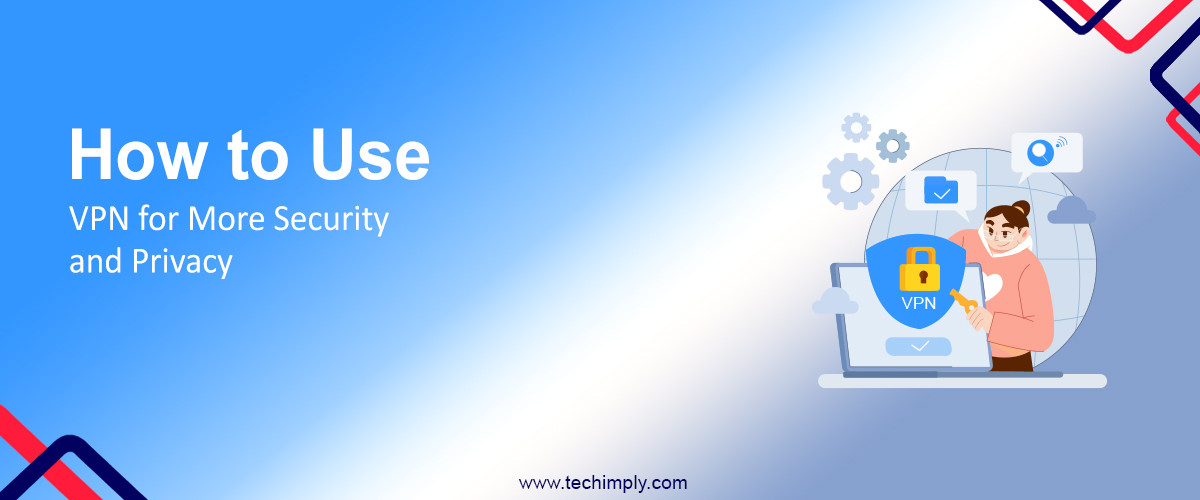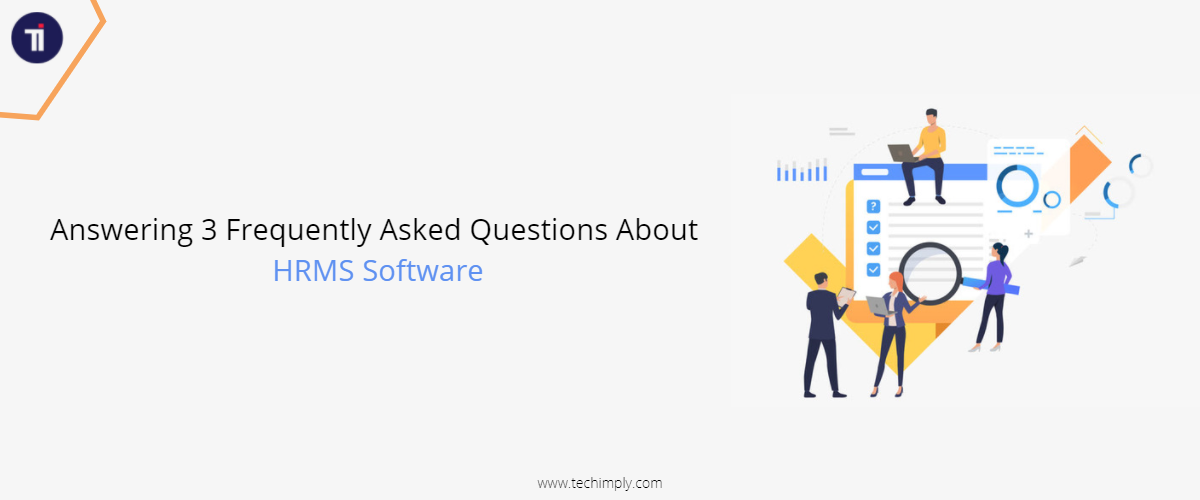Email marketing has long been a go-to, quantifiable, and affordable tool for small businesses looking to reach their target demographic. That being said, email marketing is changing quickly thanks to new technologies, techniques, and trends. In this in-depth guide, we'll lead you through the process of creating an email marketing software plan that works for small businesses. This article provides you with the knowledge and strategies you need to not only reach inboxes but also connect with your audience and spur business growth, from grasping the fundamentals to utilising the newest tools.
Understanding The Power Of Email Marketing Software
Email marketing is still a powerful tool in digital marketing, returning $42 on average for every $1 invested. However, this channel offers small companies more than simply an effective way to reach clients; it's also a chance to develop a personal rapport with them. In contrast to social media, where exposure is determined by algorithms, email gives you direct access to your customer's attention. This direct line may be quite helpful for increasing sales, disseminating instructional materials, or just creating a memorable and trustworthy brand.
Why Email Works For Small Businesses Email Marketing software
Email marketing provides small businesses with several noteworthy benefits, including:
- Affordability: A lot of marketing automation software offers high-impact platforms at affordable prices, making them suitable for modest budgets.
- Measurability: Everything can be monitored, including click-through and open rates, allowing for data-driven campaign planning in the future.
- Scaling Potential: Tap into a small, local clientele or broaden your search to include potential global clients. The use of email marketing is quite flexible.
- Building Brand: Email may help cement your brand in clients' perceptions and foster enduring loyalty if it is sent out with the appropriate substance and regularity.
Crafting Your Small Business Email Marketing Software Strategy
Step 1: Define Your Email Marketing Goals
Your plan begins with specific, quantifiable objectives. Are you trying to improve customer interaction, increase website traffic, or enhance sales? Establish these goals so that each campaign is planned to meet them.
Step 2: Know Your Audience
It's essential to comprehend your audience. Create buyer personas using customer feedback software, then segment your list and send messages to the appropriate recipients. Your emails will be more effective if they are more customised.
Step 3: Build Your Email List Organically
Regarding your email list, quality is more important than quantity. Concentrate on building an active subscriber base of people who are really interested in what your company has to offer. Techniques like as in-store sign-up forms, social media, and your website can all be helpful.
Step 4: Choose the Right Email Marketing Software
The foundation of every effective email marketing plan is the appropriate software. Numerous solutions are available to meet the demands of small businesses, ranging from Mailchimp to Constant Contact. Aim for substantial functionality, simplicity of use, and compatibility with your current systems.
Step 5: Develop a Content Plan
Even with email marketing, content is king. A rough timeline for the year and the kinds of emails you'll send should all be included in your content plan. Holidays, specials, and other occasions that could have an impact on your messaging should all be taken into consideration in this plan of action.
Step 6: Design Standout Emails
Emails should have a polished appearance, adhere to your brand, and be mobile-friendly. Make use of compelling images, obvious calls to action, and stay away from clutter. Conversion rates may also be raised by using a unified design across emails and landing pages.
Step 7: Test and Iterate
Never presume to know what will be most effective. To compare various email subject lines, content, send timings, and other aspects, employ A/B testing. Examine the outcomes and, using the knowledge you gain, make small adjustments.
Step 8: Monitor Deliverability and Compliance
Ensure that your emails are not being filtered as spam and are reaching the inboxes of your subscribers. Maintaining sender's reputation requires adhering to best practices and CAN-SPAM rules.
Step 9: Measure Your Success
It's essential to monitor the effectiveness of your email management software to determine ROI and make necessary modifications. Examine open, click-through, conversion, and unsubscribe rates to determine how effectively your emails are reaching your target audience.
Step 10: Optimize for Engagement
There's more to engagement than just clicks. Examine data such as email link clicks, forwards, social media shares, and time spent on your website. Make adjustments to your content and tactics based on this data to increase engagement even more.
Advanced Strategies For Small Business Email Marketing Software
- Customization on a Large Scale
Effective personalisation doesn't require complicated approaches. Use your subscriber's name and partition your list as a starting point for basic personalisation. Later, think about more sophisticated options like dynamic content or triggered emails.
- Automating to Boost Efficiency
Automation of email marketing may save time without compromising customisation. To engage your audience with as little manual work as possible, set up welcome series, birthday emails, or abandoned cart reminders.
- Combining for Strength
To gain additional insights, connect your customer relationship management (CRM) system with your email marketing software. This may provide you a complete picture of how your customers have interacted with your company, enabling even more focused communication.
- Behavioural Guidance
Make strategic decisions based on the actions of your subscribers. Deliver customers with comparable material more often if they consistently click on a particular kind of email. To win them back if they're becoming disengaged, launch a re-engagement campaign.
Overcoming Common Small Business Email Marketing Software Challenges
- Developing a Well-Being List
Maintain the health of your list by cleaning it frequently. Maintaining a high-quality list and deliverability rates requires managing unsubscribe requests quickly, pruning bounces, and removing inactive subscribers.
- Making a Statement in a crowded inbox
Your emails must be distinctive. Don't be overly sales-focused, evaluate what appeals to your audience, and craft intriguing topic lines. Whether it's a fantastic price, helpful information, or a touching customer story, provide value to every email you send.
- Optimization of Conversion
While clicks are nice, conversions are even better. Make sure the narrative you began in your email is maintained on your landing pages. Eliminate any obstacles in the way of your call to action lead generation software in india to the desired conversion, be it a download or a sale.
Advantages Of Email Marketing Software For Every Business
The capacity to automate communication workflows and ensure timely and appropriate consumer involvement is a key benefit of email marketing software for firms. This automation enables mass personalisation while streamlining the process of sending emails in accordance with preset schedules or triggers. Businesses may increase the efficacy of their marketing initiatives by segmenting their audience and customising messaging to match the distinct requirements and interests of various client groups by utilising data insights.
Email marketing software also offers analytical capabilities that aid in gauging the effectiveness of email campaigns, allowing companies to refine their approaches and raise return on investment. This involves monitoring data on open rates, click-through rates, and conversions, which offer insightful information on how well email content and tactics work. Additionally, companies can test and enhance their emails to increase engagement and conversion rates by integrating A/B testing tools.
The affordability of email marketing software is another important advantage. Email marketing is far more cost-effective than traditional marketing strategies like direct mail, enabling companies to reach a wider audience for less money. Because of this, it's the perfect tool for startups or small firms with tight expenditures. Scalability is another feature of email marketing software that lets companies send thousands of emails without incurring extra costs. This lowers the cost of marketing as well as the time and labour involved in manually sending out emails.
Looking To The Future Of Email Marketing Software For Small Businesses
We see a sharp increase in the incorporation of artificial intelligence (AI) and machine learning technology into email marketing software for small businesses in the future. These developments will completely change how companies customise communications, making it possible to create highly relevant and targeted email campaigns that speak to the unique interests and behaviours of each recipient.
Additionally, as analytics advance, they will provide a more profound understanding of the efficacy of campaigns and enable real-time optimisation of marketing tactics to boost engagement and conversion rates. With the help of this technical regulations, small businesses will be able to compete more fiercely thanks to email marketing, which is expected to become more accessible, effective, and efficient.
Furthermore, small firms' email marketing procedures will become even more streamlined and straightforward as email automation gains traction. By utilising automatic features such as drip campaigns, emails that are triggered depending on customer activities, and customised follow-up sequences, organisations may save time and effort without sacrificing continuous audience connection. This increases productivity and makes it possible to communicate with customers in a timely and personalised manner.
Additionally, mobile optimisation for email marketing software for small enterprises will rise. Businesses must make sure their email campaigns are optimised for a flawless user experience on smaller displays, as the majority of emails are now opened on mobile devices. This involves taking into account the scrolling and tapping habits of mobile users, as well as responsive design and optimised layouts and typefaces.
Conclusion
Email marketing is a dynamic and vital tool for small business owners. By following the steps outlined in this guide, leveraging advanced strategies, and keeping an eye on the future, you can create a high-impact email marketing strategy that delivers real results for your business. Remember, the key isn't just to send emails but to send the right emails to the right people at the right times. And with the right tools and the right approach, you can make email your most powerful marketing asset.

.jpg)




